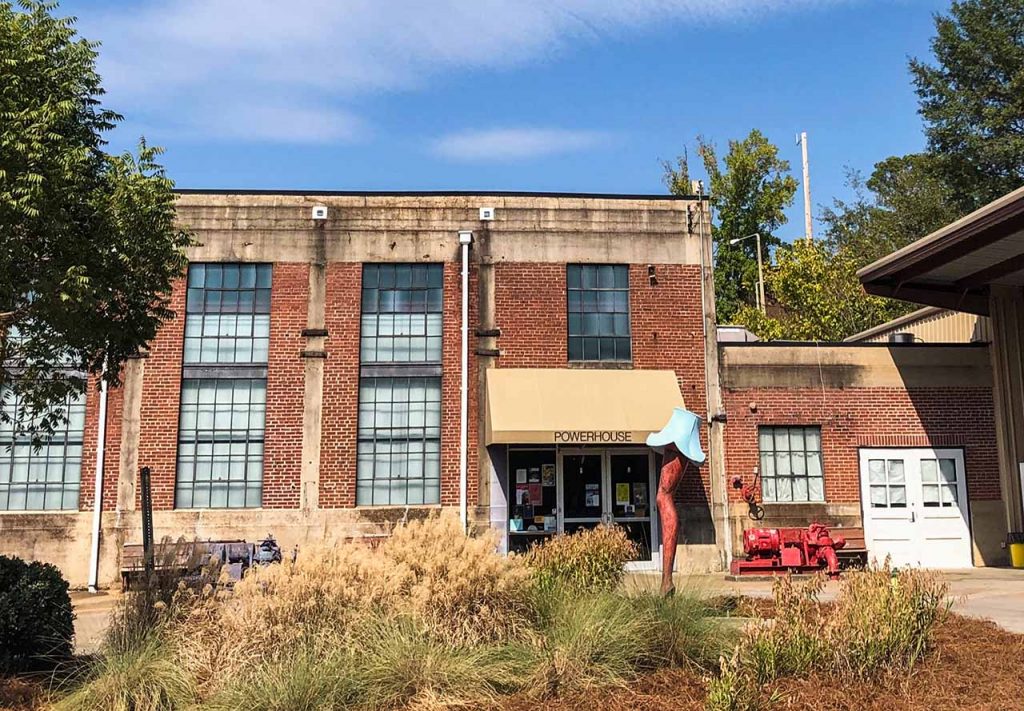Recently, the university announced plans to establish the Open Society Initiative, an institute intended to address racial reconciliation in Oxford. However, we already had one of those — the William Winter Institute for Racial Reconciliation — which continues to play an integral role in the LOU community’s efforts toward healing, despite relocating its office to Jackson in 2018. Recent incidents involving racial aggressions on campus and the inaction following them, in addition to the university’s fraught history with the Winter Institute, suggest that the university is not committed to the objectives of racial reconciliation.
Splitting the mission of healing between the Winter Institute and the proposed Open Society Initiative is ineffective and directly contradictory to the principles behind racial reconciliation. Wholeness, trust and relationship building are values that are not developed by starting a parallel initiative. The fact that the relocation of the Confederate monument and the punishment of those who posed for a photo with guns in front of an Emmett Till memorial remain unresolved is an indicator that the university is not yet capable of fully embracing the justice needed to lead racial reconciliation.
The most notable moments of student activism in recent years are directly tied to the Winter Institute. From providing students with resources during the removal of the state flag in 2015 to assisting leaders with the 2012 anti-KKK rally, the Winter Institute has always helped students seeking to fight racial injustice. Even after the institute was relocated, it still had a critical influence on racial reconciliation work on campus. I met with Susan Glisson, former executive director of the Winter Institute, while writing the legislation to move the Confederate statue to understand how to be as inclusive as possible and construct a healthy debate.
The Winter Institute also worked alongside the Equal Justice Initiative and the Civil Rights and Restorative Justice Project in 2018 to memorialize Elwood Higginbotham, the last person known to be lynched in Lafayette County. By being on campus for nearly 20 years, the Winter Institute is familiar with our community and already has connections to national racial reconciliation groups that can advance the priorities of Oxford.
The Institute also supports the Emmett Till Commission and its mission to find justice for the 14-year-old African American boy brutalized and killed in 1955, whereas the university has a poor history with the Commission. Administration mishandled the investigation to properly remedy the actions of the three people that posed for a photo with guns in front of the Till memorial, leaving the incident unknown to the public for nearly five months — only to be revealed by ProPublica and the Mississippi Center for Investigative Reporting.
Not only does the Winter Institute already address the goals of racial reconciliation at the University of Mississippi, there is also no proof that the university can provide the support needed for such a center to function. The university provided financial support for the Winter Institute at its establishment in 1999, but from that point until the relocation of the Institute to Jackson, the university’s administration provided no financial support. As a result, the Winter Institute depended on grants and donations from parties outside of the university.
If the university administration truly wants to “connect and coordinate its activities in research, education and engagement around the issue of racial healing” as a spokesperson said last week, they would supplement and fund pre-existing structures like the Winter Institute. The mission of the William Institute is the mission of the University of Mississippi: it has been inspiring civic activity and healing in Oxford and beyond for 20 years — even when the university has not.
Katie Dames is a junior international studies major from St. Louis, Missouri.
Editors’ note: This article has been updated to more accurately describe the actions of the three people that posed for a photo with guns in front of a bullet-riddled Emmett Till memorial.













